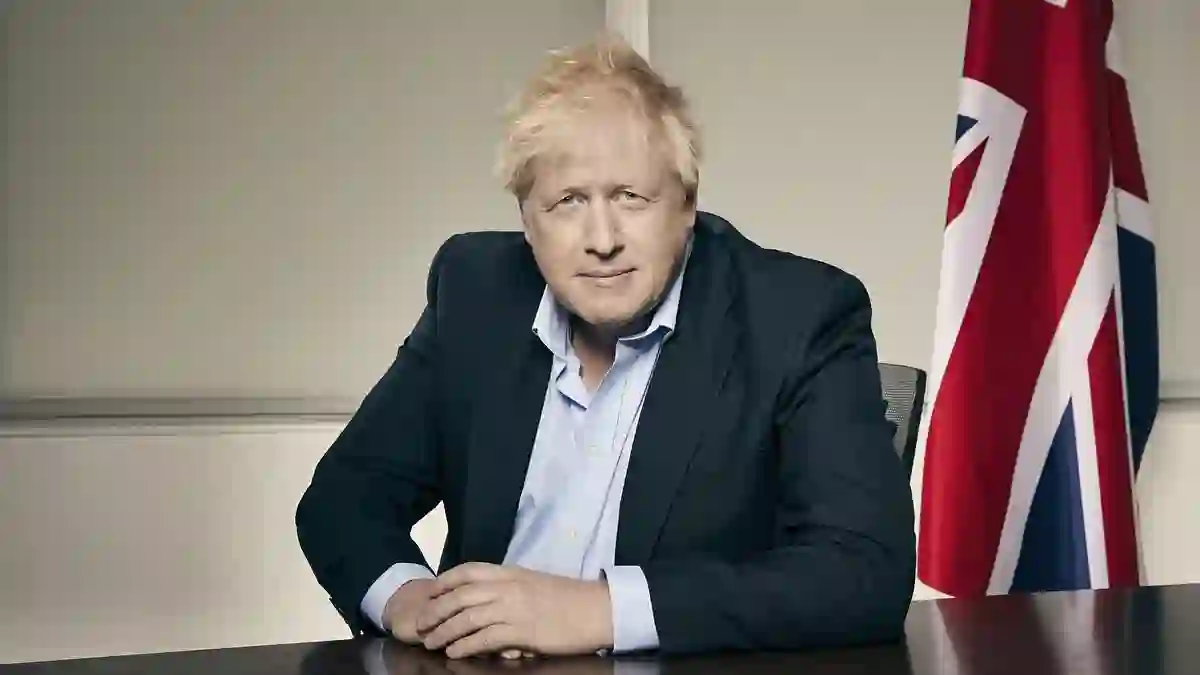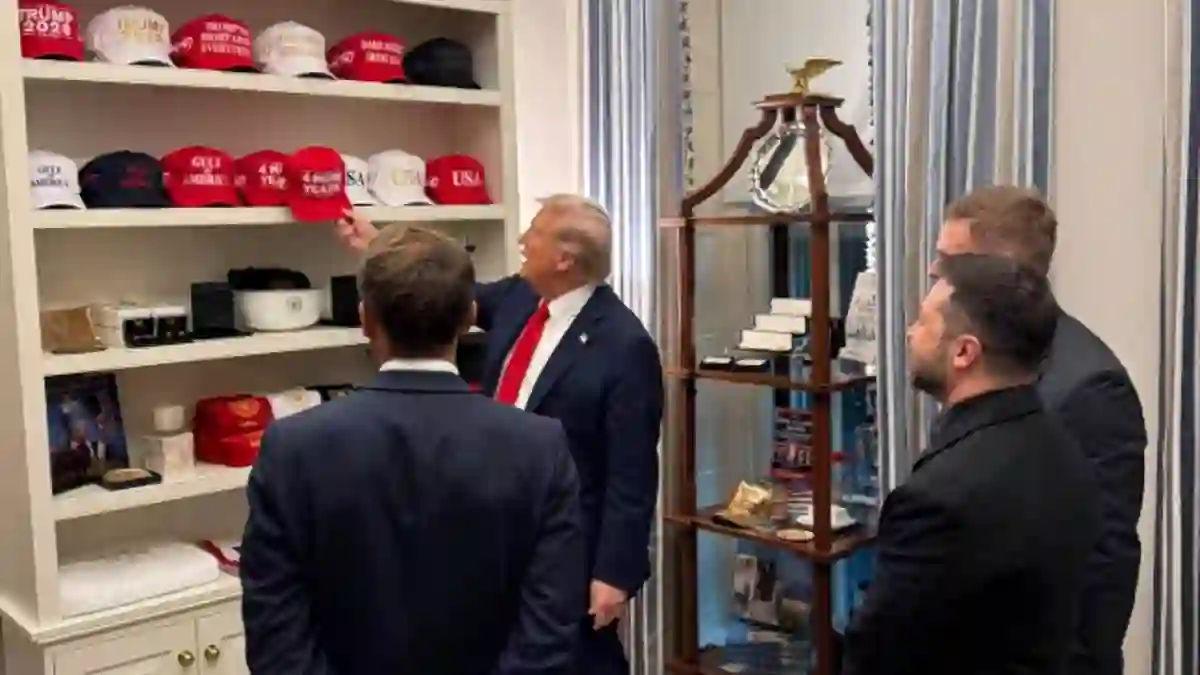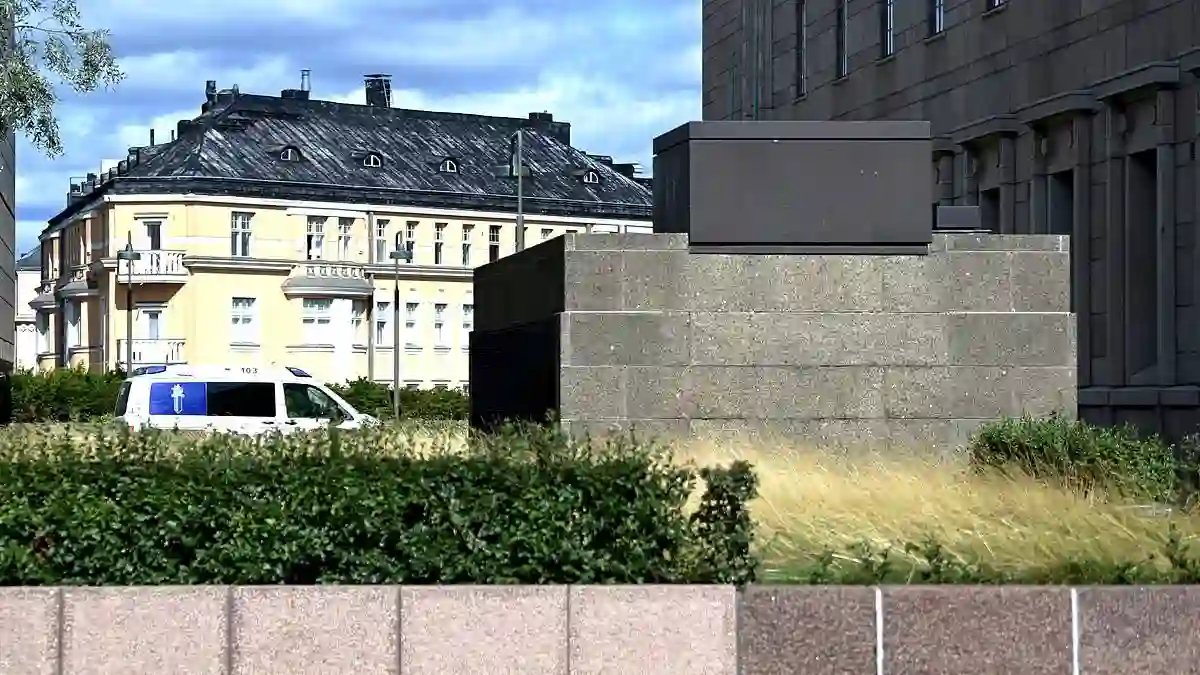For the first time in a long while, Ukrainians are starting to feel hopeful.
Friends in Kyiv and beyond are saying the mood has lifted, with many describing the recent meetings between Donald Trump, Volodymyr Zelenskyy, and European leaders in Washington as the most promising talks yet.
After years of uncertainty, they believe they may finally be on the verge of securing something they have always longed for — real, binding security guarantees.
What Security Guarantees Would Mean
At the heart of these discussions is the possibility of an all-for-one, one-for-all pact.
If Ukraine were attacked again, the signatories — made up of Europe’s biggest powers, backed by the United States and potentially countries like Australia — would be obliged to defend it.
For Ukraine, which has been left in a grey zone of strategic ambiguity since the collapse of the Soviet Union, such guarantees would change everything.
For decades, the West has insisted Ukraine is independent, but never truly backed that up with protection equal to NATO membership.
That hesitation, worsened by Europe’s dependence on Russian gas and oil, left the country dangerously exposed.
It sent signals to Vladimir Putin that Ukraine was fair game.
The result was Crimea in 2014, and the full-scale invasion in 2022.
Europe’s Hesitation and Russia’s Aggression
The truth is, America once championed Ukraine’s inclusion in NATO, with George W. Bush warning of the Russian threat.
But European powers, especially Germany, blocked it.
That weakness emboldened Putin, who drew the conclusion that the West would never really defend Ukraine’s borders.
Twice he tested that theory. Twice the world’s response was too soft.
Now, the proposed guarantees could finally close that chapter.
Trump has made it clear: while Europe would take the lead, the United States would coordinate and provide essential logistics and intelligence.
In fact, Trump hasn’t ruled out a greater U.S. role, hinting that America may be willing to go even further if necessary.
Zelenskyy’s Big Diplomatic Achievement
If these guarantees materialise, they would be a monumental achievement for President Zelenskyy.
They would move Ukraine firmly into the camp of countries like South Korea, Japan, and Israel — nations whose freedom is directly underwritten by American power.
Such a deal would not only shield Ukraine from further invasion but also open the door to European Union membership.
With greater stability, investment would flow, corruption could decline, and Ukraine could truly integrate into the Western democratic family.
It’s a dazzling prospect — but only if the guarantees come with peace.
The Sticking Point: Putin’s Terms
That’s where the optimism runs into hard reality. Putin insists that Ukraine must hand over the entire Donbas as the price for peace — territory his forces have failed to conquer despite years of bloody battles. For Ukraine, this demand is impossible.
Those defensive lines are essential for stopping a deeper Russian advance toward Kyiv and Kharkiv.
Even if Zelenskyy wanted to concede, the Ukrainian Constitution forbids surrendering land, and public opinion would never accept it.
Tens of thousands of lives have already been lost defending that territory. Giving it away would feel like erasing those sacrifices.
Putin knows this, which is exactly why he’s pushing it — to paint Zelenskyy as “unreasonable” in front of the world.
Why the West Must Hold Firm
No matter how attractive guarantees sound, Ukraine’s first and best line of defence remains its own armed forces.
They must hold the Donbas if Ukraine is to survive.
That means the West must not ease off but instead increase military and financial support.
To break Putin’s will, the world must go further — tightening sanctions, seizing frozen Russian assets, and dismantling the shadow fleet smuggling his oil.
Without hitting Russia’s economy hard, the war will simply drag on, leaving Ukraine in limbo.
Trump Breaks the Deadlock
Whatever critics say about him, Trump has managed to break a long diplomatic stalemate by putting concrete guarantees on the table.
For Ukraine, this answers a question that has haunted its independence since 1991: is it truly free to choose its own destiny, or forever tied to Moscow’s orbit?
The answer, if this deal becomes reality, is clear. Ukraine will stand as a long-term ally of the West, defended by America and its partners.
And only when Putin fully accepts that reality — that Ukraine has slipped beyond his grasp — will lasting peace be possible.



